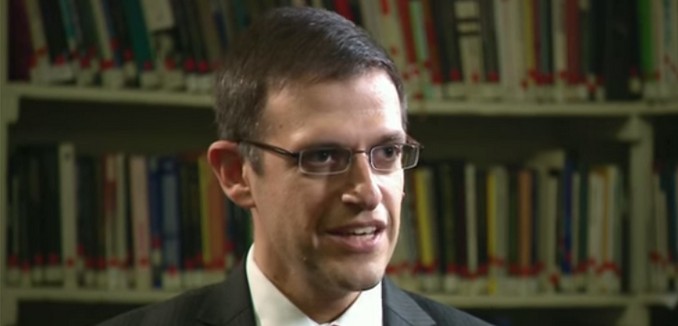Former top officials of the Obama administration are actively seeking to discourage Congress from imposing new sanctions on Iran, Jenna Lifhits reported Monday for The Weekly Standard.
The Ploughshares Fund, which was credited by the Obama administration for promoting the nuclear deal, circulated a letter on Capitol Hill that had originally written to the heads of the Senate Foreign Relations Committee. The letter, drafted by former Treasury official, Adam Szubin, criticized a bipartisan Senate bill that was introduced in March to impose new sanctions on Iran. Among the sponsors of the bill are Sen. Chris Coons (D – Del.), Sen. Michael Bennet (D – Colo.), Sen. Bob Casey (D – Penn.) and Sen. Richard Blumenthal (D – Conn.), all of whom supported the nuclear deal with Iran.
“[The legislation] would provoke a terrible reaction in Iran and with our allies,” Szubin wrote in the letter. “[It] would contribute no benefit, as it would impose no additional pressure on Iran’s malign activities outside of the nuclear space.”
The effort to derail the bipartisan legislation comes at a time that a new group called Diplomacy Works, made up of former Obama administration officials, has been launched.
The goal of the new organization is to have the United States “lead through diplomacy and dialogue – working with allies and partners,” because diplomacy can “address the core causes of conflict in ways that force alone cannot.”
Two experts who opposed the deal criticized the efforts of the former administration, officials told Lifhits.
One described the opposition to new sanctions on Iran as “they will fight tooth and nail any sign of a more robust and hard hitting policy to rollback and subvert Iranian aggression.”
“The same people who promised that the nuclear deal would enable Congress to push back against Iran—literally the very same people—are now mobilizing to prevent any pressure against Iran over its threats to us and our allies,” the other critic added.
“Of course that gives away the game, doesn’t it?” the critic continued. “The goal of the Iran deal was never to prevent Iran from getting nuclear weapons, but instead to empower Iran by giving it something to use as blackmail against U.S. pressure.”
At a Senate hearing in July 2015, Kerry was emphatic that Iran was in agreement that within the framework of the nuclear deal, the United States could impose and maintain non-nuclear sanctions against Iran.
But they are clear and we are clear that we have all other kinds of authorities and let me specific on that because it’s important for this whole debate to be clear. Even with the lifting of sanctions after eight years on missiles or five year on arms are the UN sanctions. It’s only the UN sanctions. We still have sanctions. Our primary embargo is still in place. We are still sanctioning them. And, I might add, for those things that we may want to deal with because of their behavior, for instance, Hezbollah, there is a UN resolution, 1701, the prevents the transfer of any weapons to Hezbollah. That will continue and what we need to do is make sure that we’re enforcing it.
Kerry is on the advisory council of Diplomacy Works.
[Photo: BBC Newsnight / YouTube ]




